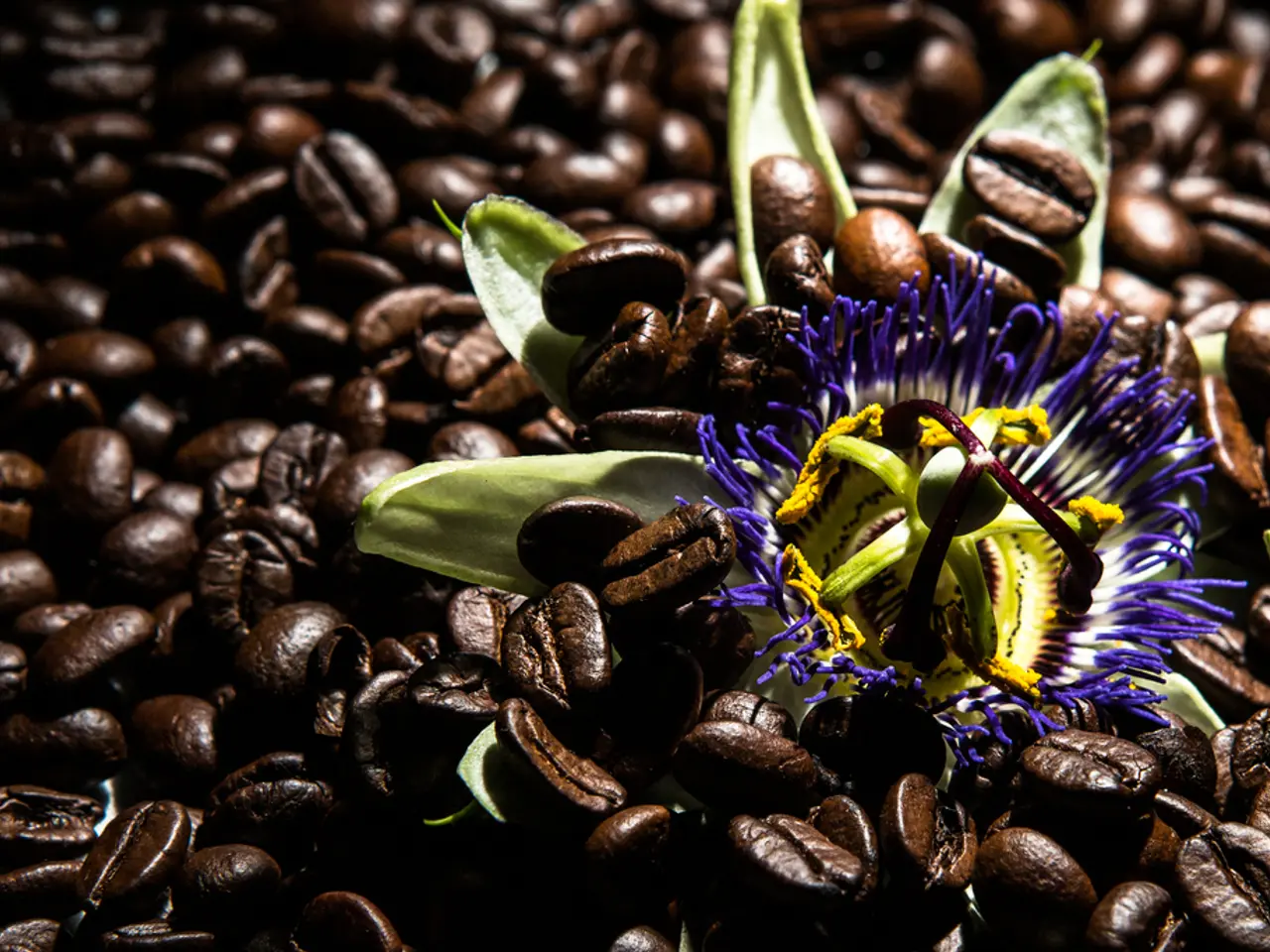"Brazil's Lula takes a swipe at Trump, using agriculture as metaphor, as U.S. tariffs affect their grape exports"
In a surprising turn of events, the United States has imposed tariffs on several Brazilian exports, including key products like grapes, as part of a growing political dispute between the two nations. The tariffs, set at 50%, are scheduled to take effect starting August 1, 2025, unless Brazil meets two contentious conditions set by the U.S. [1][2]
The current political tensions primarily revolve around President Luiz Inacio Lula da Silva's administration and the United States under President Donald Trump. The conflict is rooted in Trump's threat to impose these tariffs and his allegiance with former Brazilian President Jair Bolsonaro, who is currently under trial for an alleged coup attempt after the 2022 elections. [1]
The situation is a complex mix of ideological antagonism, disputes over free speech and digital regulation, trade frictions, and a broader geopolitical contest involving China’s rise and U.S. efforts to maintain regional influence. [1][2][3][4][5]
Political alignments and rivalries play a significant role in this dispute. Trump sympathizes with Bolsonaro, who is currently banned from running in the upcoming election, while Lula is viewed with suspicion by U.S. conservatives due to his leftist ideology and perceived closeness to authoritarian governments. [1]
The U.S., particularly through Secretary of State Marco Rubio and Trump’s administration, opposes Brazil's tighter restrictions on hate speech and disinformation on social media platforms. This has led to visa revocations of Brazilian Supreme Court judges by the U.S. [3][1][4]
The tariffs are officially justified by the U.S. as responses to unfair trade practices and digital economy concerns, but economists question their validity, as the U.S. has had a trade surplus with Brazil for almost two decades, and many Brazilian exports to the U.S. include American parts. [2][5][4]
The geostrategic dimensions of the dispute are also apparent. The U.S. tariff threat is seen by experts as a form of geostrategic coercion tied to Brazil’s growing economic and technological alignment with China, which threatens U.S. influence in Latin America. [5]
In response, Lula's administration has expressed hope for a conversation with President Trump to educate him about the qualities of the Brazilian people and has condemned the U.S. demands, especially the attempt to drop Bolsonaro’s legal charges, as interference in Brazil’s domestic affairs and justice system. [2][4]
Lula has also emphasized his desire to promote food production rather than violence or hate, a sentiment echoed as he planted grapes, one of the goods affected by the tariffs. [6]
The administration plans to combat the tariffs imposed by the United States and aims to defend the sovereignty of the Brazilian people. If necessary, they are prepared to lodge an appeal regarding the tariffs. [7]
Last year, Brazil reported a trade surplus of $284 million with the United States. [8] The tariffs imposed on Brazil affect several key exports from the largest economy in Latin America, disrupting centuries-old trade ties between the two nations. [9]
Despite the tensions, Lula has expressed his love for various countries, including the United States, China, Russia, Uruguay, and Venezuela. [10] In a video address, he invited Trump to discuss the "true" Brazil, expressing hope that he would visit the country to understand it better. [11]
This developing story promises to shape the future of relations between Brazil and the United States, with potential economic harm on both sides if not resolved amicably. [1][2][3][4][5]
- The ongoing political dispute between the United States and Brazil, fueled by ideological antagonism and geopolitical conflicts, has extended to trade, with the US imposing tariffs on food exports from Brazil, like grapes, starting from August 1, 2025.
- The US tariffs on Brazilian food products are part of a broader contest, as experts view the move as a form of geostrategic coercion aimed at maintaining US influence in Latin America, given Brazil's growing economic and technological alignment with China.








